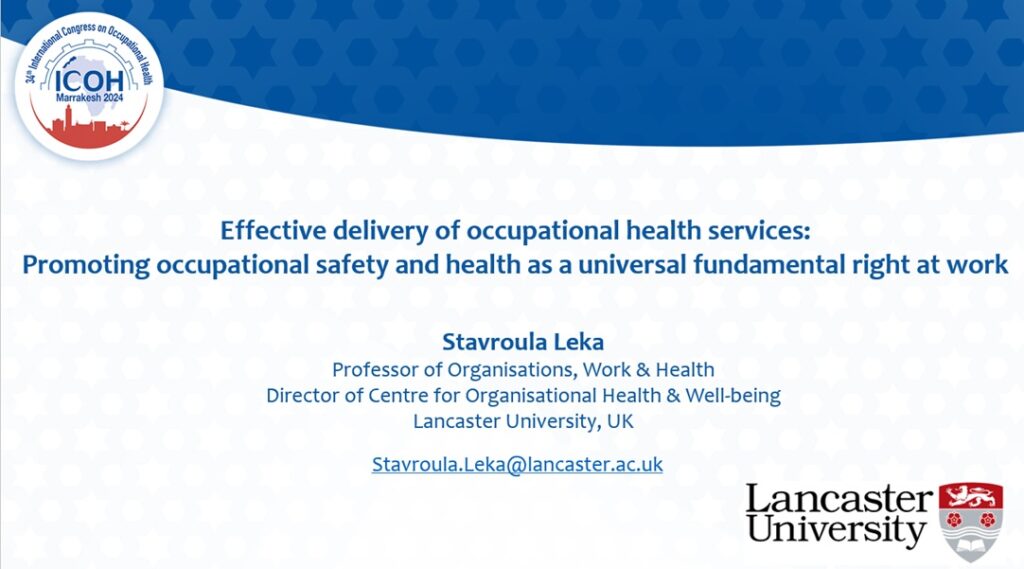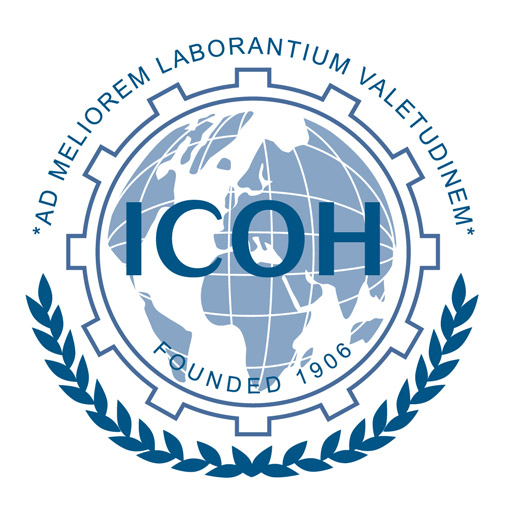News
News and Updates
New publication in IOSH Magazine on the global delivery of occupational safety and health services
The issue of July/August 2025 of IOSH Magazine includes a publication that presents preliminary findings from this research.
Based on a literature review and preliminary findings from a comparative analysis of 30 national case studies, the structure of OSH services varies significantly across countries, driven by factors such as economic status, legal frameworks and social security systems. Currently, only 36 countries worldwide have formally ratified the international standard ILO Convention C161 on occupational health services. Regardless, many nations have initiatives related to OSH services. In developed nations, several organisations are involved in the delivery of OSH services. On the contrary, in developing countries they tend to be centralised in public institutions, lack comprehensive national legislation and still often revolve around employment injury benefits/compensation. However, there are persistent and widespread gaps in the delivery of these services, regardless of the level of development of a country, affecting self-employed individuals, SME workers, informal workers, migrants, and employees located in rural areas.
The implications of these findings are critical for the next phases of this project. Currently, stakeholder interviews are being conducted to validate the research findings, and a global roundtable will take place in October 2025 to provide consensus on priorities for the future of effective OSH service delivery.
Click below to access the IOSH Magazine publication


keynote speech at the ISSA Technical Seminar
A keynote speech at the ISSA Seminar was delivered by Prof Stavroula Leka, to present initial findings from the current research project.
Drawing on case studies from 30 countries, the presentation provided insights on how OSH services are delivered across different income levels, regulatory frameworks, and sectors. Key themes included accessibility challenges, particularly for SMEs and vulnerable groups, as well as differences in service delivery models. The study identified both facilitators and barriers to OSH service effectiveness and called for stronger integration of mental health, better standardisation, and global collaboration to promote OSH as a universal right at work.
Participation Call: Global Interviews with Key Stakeholders
The research team is currently conducting semi-structured interviews with key stakeholders and experts in OSH services in various countries to explore the national context through which OSH services are delivered worldwide.
If you are interested in participating in our research, click below


Special Session on OSH services at the ICOH 2024 Congress
As part of the special session entitled ‘SS06: Effective Delivery of Occupational Health Services: Promoting Safety And Health As a Universal Fundamental Right at Work’, Prof Stavroula Leka, presented findings from the first stage of the project, which was conducted through a literature review and a series of case studies outlining national-level OSH systems and provisions within selected national contexts.
According to preliminary findings, the key message of this presentation was the diversity of OSH services systems implemented in various country contexts and their focus. However, less emphasis has been placed on mental health and wellbeing at work, as well as the lack of competencies of key stakeholders in this area.
ICOH Global Survey on OSH Services
A Global Survey on OSH Services was conducted in collaboration with ICOH and IOSH between December 2024 and February 2025.
The survey will provide an opportunity to compare and update previous findings, generating new knowledge that will inform the update of the global state of the art in service delivery. It will also advance knowledge of service implementation in HICs and LMICs while considering relevant influencing factors, drivers and barriers
